Promoting domestic and international cooperation is one of the solutions that Vietnam is actively implementing to improve food safety for consumers, in the context of increasing food safety risks in recent years.
VNA reporter interviewed Dr. Brian Bedard, an expert from the Canadian-funded Food Safety for Development (SAFEGRO) Project.
SAFEGRO cooperates with Vietnamese authorities with the aim of improving access to safe and competitive agricultural and food products and services for local people.
- Sir, what are the most pressing food safety issues in Vietnam today, and what role does SAFEGRO play in solving these issues?
Dr. Brian Bedard : The SAFEGRO project is funded by Global Affairs Canada (a Canadian government agency) and Alinea International, the development consultancy where I work. We implement this project together with the Ministry of Agriculture and Rural Development of Vietnam (now the Ministry of Agriculture and Environment ), the Ministry of Health and the Ministry of Industry and Trade.
One of the project activities is to share international experience with Vietnamese partners, including modern methods to help Vietnam ensure food safety not only for domestic consumption but also for export purposes.
Vietnam is increasingly playing an important role in international trade, and food safety is an urgent requirement in this field.
The challenges we see are mainly related to markets, including retail and wholesale markets, and the issue of ensuring food safety from the farm and from production facilities.
The challenge comes from the farms themselves, from ensuring farmers adhere to good agricultural practices, use pesticides and herbicides at minimal levels, and use safe water sources.
These are to ensure the safety of food sources entering the market right from the beginning. Next is the stage of handling, processing and distributing food to consumers.
We work with partners from government , manufacturing and processing facilities, restaurants, schools and others. We look at high-risk areas to help Vietnam develop programs, principles and regulations, and more importantly, enforce those regulations.
- Are Vietnam's current food safety policies and regulations in line with international standards, and what activities is SAFEGRO taking to improve this aspect?
Dr. Brian Bedard: One of the first activities of the project was to review regulations and policies with other donors to identify gaps and shortcomings.
Next, we work with the Vietnamese side to address issues such as what regulations are needed, what standards need to be applied to the market, laboratories and other parties in the value chain. We look at many aspects to help the Vietnamese side come up with practical and workable regulations.
Exporting businesses must comply with international standards to access foreign markets. Therefore, they have a good understanding of the requirements in other countries and internationally to ensure export activities.
However, the urgent problem is how to ensure food safety for domestic consumers.
Vietnam has enacted a number of sound laws and regulations that are in line with international standards, but like other countries, there are many difficulties in implementation.
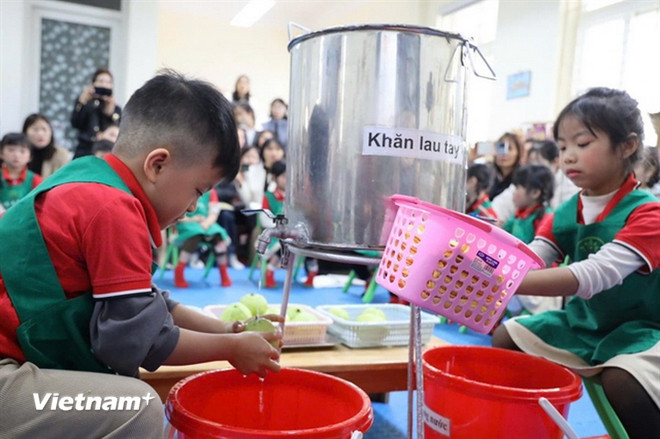
The biggest challenge is not getting the policy right, but how to implement it effectively, and ensure that businesses, farmers, food suppliers and all participants in the value chain comply with regulations and requirements.
- Vietnam has recorded many serious food poisoning cases in recent years. Sir, what is the main cause of these cases and what should people do to protect their health?
Dr. Brian Bedard: We found that these cases were largely due to food contamination, not pesticides, herbicides or chemical contamination.
The cause is often poor hygiene, improper food handling, not washing hands, not ensuring clean work surfaces and not disinfecting equipment and utensils. This problem occurs not only in stores or food stalls but also in restaurants and home kitchens.
Separating food using hygienic methods can help reduce bacterial contamination, which is the main cause of most food poisoning cases in Vietnam, according to our observations.
- What communication strategies can Vietnam apply and adapt to raise awareness and change people's behavior about food safety?
Dr. Brian Bedard: We find that communication is one of the most important factors in ensuring food safety.
It is necessary to ensure clear communication so that consumers clearly understand food safety factors and criteria as well as where to buy and how to prepare safe food.
More importantly, when food poisonings occur, such as those described above, there needs to be a system in place to ensure that consumers are aware of the risks involved and whether the food needs to be recalled.
In addition, we are also seeing food safety agencies being more proactive in doing what they need to do.
We welcome cooperation between governments in agriculture, health, trade and consider food safety an important part of their work.
Thank you, Doctor./.
Source: https://www.vietnamplus.vn/hop-tac-la-chia-khoa-cai-thien-van-hoa-an-toan-thuc-pham-tai-viet-nam-post1026633.vnp


![[Photo] President Luong Cuong presents the 40-year Party membership badge to Chief of the Office of the President Le Khanh Hai](https://vphoto.vietnam.vn/thumb/1200x675/vietnam/resource/IMAGE/2025/5/19/a22bc55dd7bf4a2ab7e3958d32282c15)

![[Photo] Close-up of Tang Long Bridge, Thu Duc City after repairing rutting](https://vphoto.vietnam.vn/thumb/1200x675/vietnam/resource/IMAGE/2025/5/19/086736d9d11f43198f5bd8d78df9bd41)


![[Photo] Panorama of the Opening Ceremony of the 43rd Nhan Dan Newspaper National Table Tennis Championship](https://vphoto.vietnam.vn/thumb/1200x675/vietnam/resource/IMAGE/2025/5/19/5e22950340b941309280448198bcf1d9)





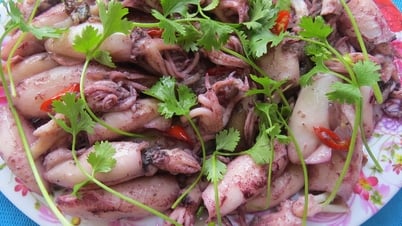









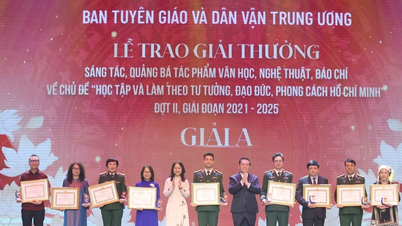



![[Photo] General Secretary To Lam attends the conference to review 10 years of implementing Directive No. 05 of the Politburo and evaluate the results of implementing Regulation No. 09 of the Central Public Security Party Committee.](https://vphoto.vietnam.vn/thumb/1200x675/vietnam/resource/IMAGE/2025/5/19/2f44458c655a4403acd7929dbbfa5039)












































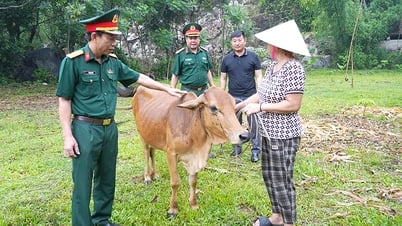



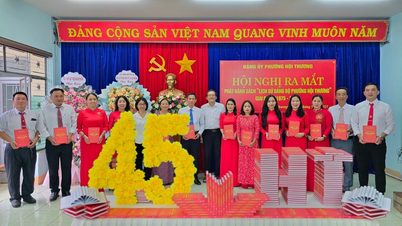

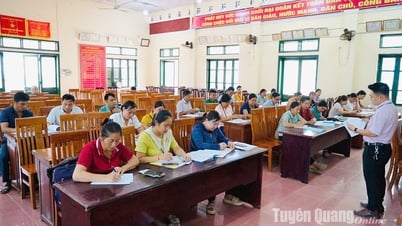

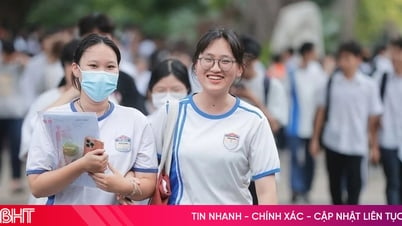






![[VIDEO] - Enhancing the value of Quang Nam OCOP products through trade connections](https://vphoto.vietnam.vn/thumb/402x226/vietnam/resource/IMAGE/2025/5/17/5be5b5fff1f14914986fad159097a677)



Comment (0)